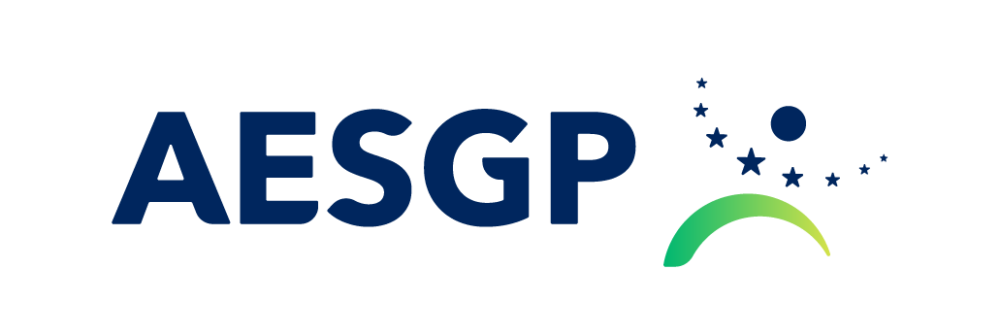EU Pharma Strategy
AESGP has closely followed and actively participated in the implementation of the EU Pharmaceutical Strategy. In anticipation of the revision of the general pharmaceutical legislation, AESGP has continued to interact with the European Commission and European medicines authorities, voicing our concerns, sharing our priorities, and providing feedback on the expected practical impact of changes on the self-care sector.
In our discussions with authorities on various topics covered by the EU Pharma Strategy, we stressed our support for a pragmatic and risk-based regulatory framework that promotes a greater role for self-care and prevention.
AESGP participated in the two workshops organised by the European Commission’s contractor performing the study to support the evaluation and impact assessment of the general pharmaceutical legislation. The first workshop focused on the evaluation of the current legislation, while the second looked at future policy scenarios and their potential impact. AESGP ensured that the self-care perspective was heard and reflected in the discussions.
Key asks for the non-prescription medicines sector
In our exchanges on the upcoming revision of the general pharmaceutical legislation, AESGP focused on 10 key asks for the non-prescription medicines sector, emphasising the need to reduce the regulatory burden. These 10 points were developed based on the preparatory work done by the relevant AESGP Committees and Pharma Strategy Expert Groups.
We highlighted that:
- the impact of any proposal regarding the definition of medicinal products and any coordinated mechanism regarding borderline products should be carefully assessed, considering how it allows the various legal frameworks to coexist and be proportionally implemented.
- manufacturers of non-prescription medicines need access to all four existing procedures (Centralised Procedure (CP), Mutual Recognition Procedure (MRP), Decentralised Procedure (DCP), and National Procedure (NP)), which should work equally well.
- the current +1 year data exclusivity period for changing the legal status of a medicine from prescription to non-prescription (Rx to non-Rx Switch) should be extended to +3 years (in line with US rules) since the current data exclusivity is not sufficient to incentivise innovative switches and recoup investment.
- renewals and sunset clause obligations should be abolished.
- a risk-based approach should be truly applied to the Risk Management Plan and be based on existing API safety information and indications and should thus be delinked from the legal basis.
- any measures aimed at mitigating shortages should be proportionate and target the critical medicines that do not have alternatives and have a concentrated supply chain. Non-prescription medicinal products, due to the highly competitive market and regulatory and supply-chain particularities, are rarely in short supply; moreover, such shortages would never translate into a lack of self-care options for EU citizens.
- there is a need for modernising the current variations system to support global harmonisation, with a fair treatment between product categories (chemically defined APIs and herbals), able to add alternate suppliers, and fostering innovation in digitalisation to simplify procedures.
- for non-prescription medicines, as there may be no interaction with a healthcare provider, it is key that the digital leaflet complements the necessary information provided on paper with the medicinal product.
- definitions of real-world data (RWD) and real-world evidence (RWE) need to be enshrined in legislation. RWD should be defined as “data used for decision-making that is not collected in conventional randomised clinical trials”, as proposed by ISPOR.
- an extended Environmental Risk Assessment (eERA) should be the main regulatory pathway to evaluate and address the environmental impacts of APIs with the adequate experts. Decisions relating to environmental impact should always lead to proportional mitigation measures and never interfere with clinical priorities and benefit/risk assessments that ensure EU citizens get access to the healthcare products they need.
Reinforced role for the European Medicines Agency (EMA)
In March 2022, the regulation reinforcing EMA’s role in crisis preparedness and management of medicinal products and medical devices became applicable. The regulation introduced new responsibilities for EMA, in particular in monitoring medicine shortages that might lead to a crisis as well as reporting shortages of critical medicines during a crisis. It further established new bodies and formalised existing ones. Importantly, the regulation introduced additional tasks for EMA in the field of medical devices.
AESGP actively followed the legislative and implementation process, participating in a number of dedicated stakeholder exchanges, including the newly established Industry Stakeholder Group (ISG) which aims to facilitate the implementation of EMA’s extended mandate.
